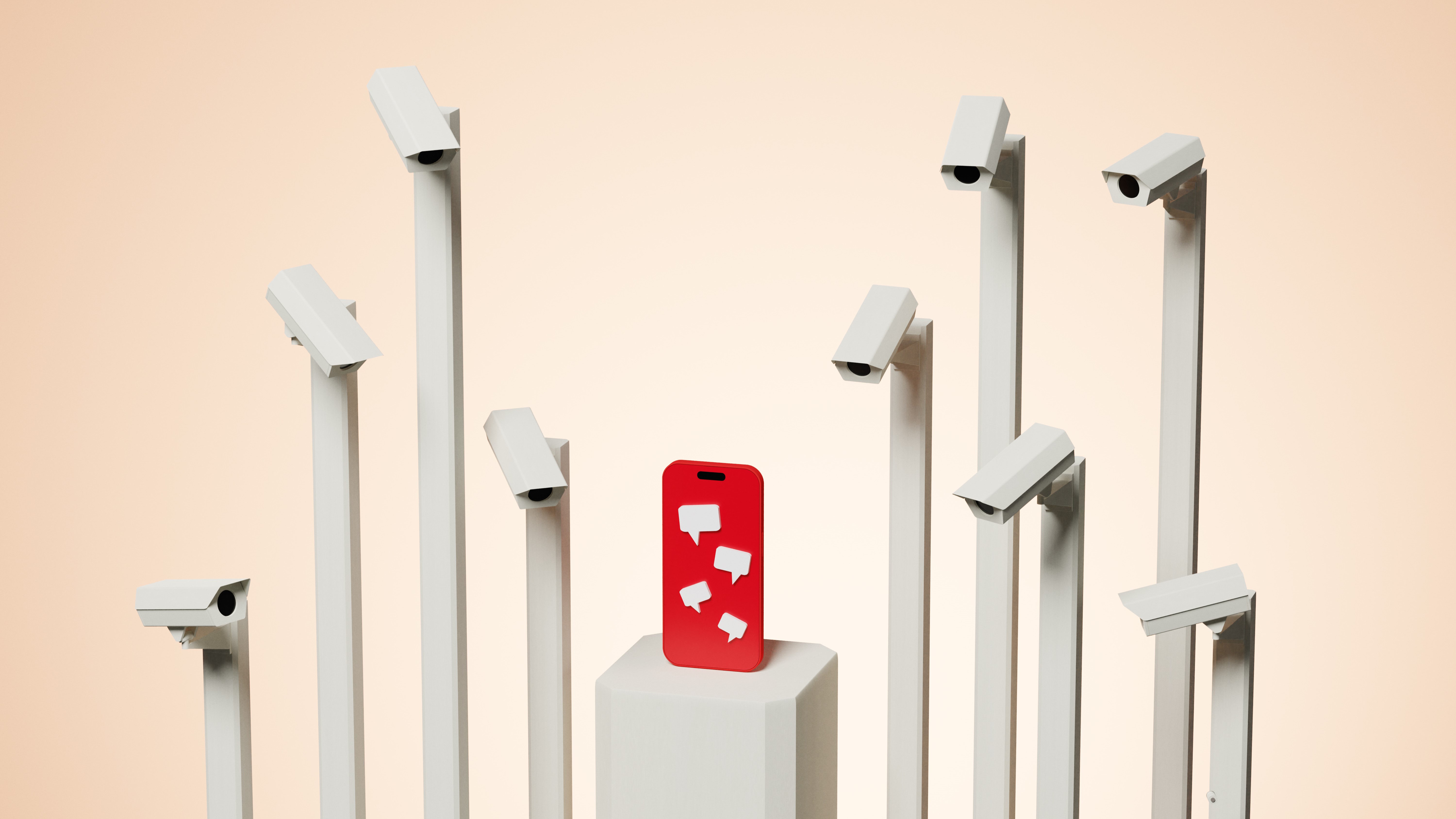
- EU members are changing their position on the controversial child sexual abuse (CSAM) scanning bill ahead of a crucial meeting on October 14
- While opposition against so-called Chat Control grew on the eve of the September 12 meeting, some countries have now changed sides
- Experts are concerned about the negative impact the bill will have on citizens' communications privacy and security
Update: Many countries have been changing position following the September 12 meeting and ahead of the next one set for October 14, according to the latest data coming from the Fight Chat Control website. We made some edits to reflect this.
A controversial proposal in the EU, the Child Sexual Abuse Regulation (CSAR) bill, has not managed to get everyone to agree yet – but it keeps coming back, with the next crucial meeting set for October 14.
On September 12, 2025, the EU Council shared its final positions on the Danish version of the so-called Chat Control. The bill has attracted strong criticism so far for aiming to introduce new obligations for all messaging services operating in Europe to scan users' chats, even if they're encrypted.
Both the Czech Republic and Belgium passed from being undecided to opposing the proposed law at the end of August, with the latter deeming the bill as "a monster that invades your privacy and cannot be tamed." Germany and Luxembourg joined the opposition on the eve of the September 12 meeting, too, adding to Austria, the Netherlands, Finland, and Poland in criticizing the proposal's mandatory detection and encryption provisions.
These changes were enough for the bill to fail to attract the necessary support yet again, but the Danish presidency decided to move forward nevertheless. A source with knowledge of the matter told TechRadar they expect Danes to use the time left before October 14 to try to convince some of the member states to reconsider their position.
Pressure from within the EU Council and domestically seems to be working. According to the latest data coming from the Fight Chat Control website, only seven countries are now making up the opposition, eight are still undecided, and 12 are backing the bill.
Most notably, Germany, Belgium, Italy, and Sweden all shift their position. In the case of Italy and Sweden, for the better, though, passing from supporters to undecided, together with Latvia as well. Yet, Germany, which is thought to be a decisive factor, is back on the undecided list – and so is Belgium.
These changes could seriously affect the outcome of the meeting with the EU Justice Minister set for October 14, deciding whether or not the proposal will land in the Parliament for the final trilogue negotiations.
What's at stake for European's encrypted communications?

First unveiled in 2022, the Chat Control proposal has never been so close to becoming law, with a vote set to take place on October 14, 2025, and the majority of EU member states currently being its supporters.
On a more practical level, this means that the EU could be scanning your chats by October 2025 – no matter if they are encrypted.
The major point of contention, in fact, is the provisions around encryption, which is the technology responsible for keeping our communications private and secure. The likes of WhatsApp, Signal, ProtonMail, and even the best VPN apps all use encryption to scramble the content of users' messages into an unreadable form and prevent unauthorized access.
If the Danish Chat Control text passes, all the multimedia files and URLs you sent via WhatsApp and similar services would have to be mandatorily scanned in the lookout for CSAM materials. Crucially, government and military accounts will be exempt from the scanning.
While the proposal mentions that cybersecurity and encryption should be "protected in a comprehensive way," a wealth of experts, including tech developers, cryptographers, and digital rights advocates, have been warning that, as it's intended, mandatory scanning cannot be done without weakening encryption protections. This will also make everyone de facto more vulnerable to cyberattacks.
At the time of writing, only seven countries are publicly against Chat Control, namely Austria, the Czech Republic, Estonia, Finland, Luxembourg, the Netherlands, and Poland.
If you're worried about this proposal and wish to put pressure on your country's MEPs, this website helps you do so within a few clicks.







